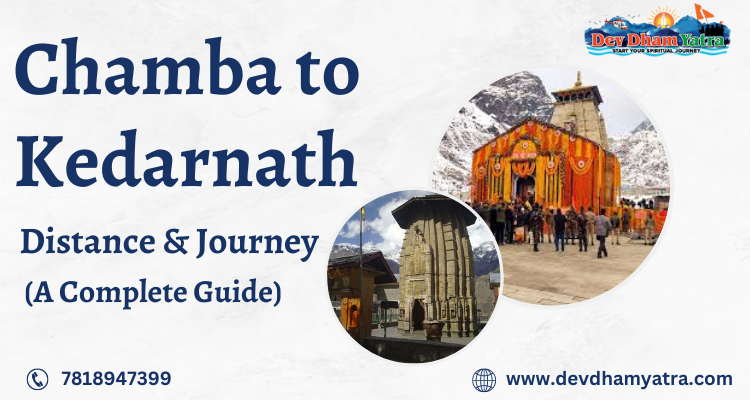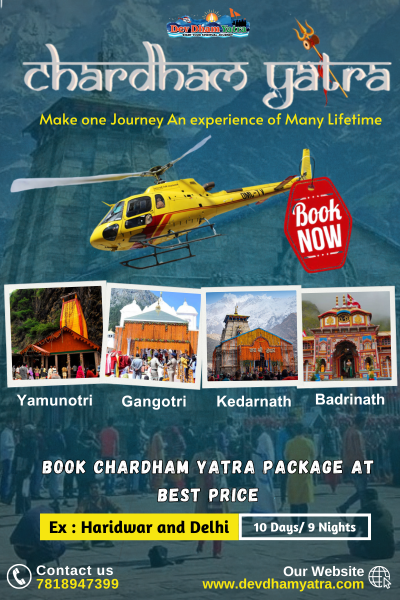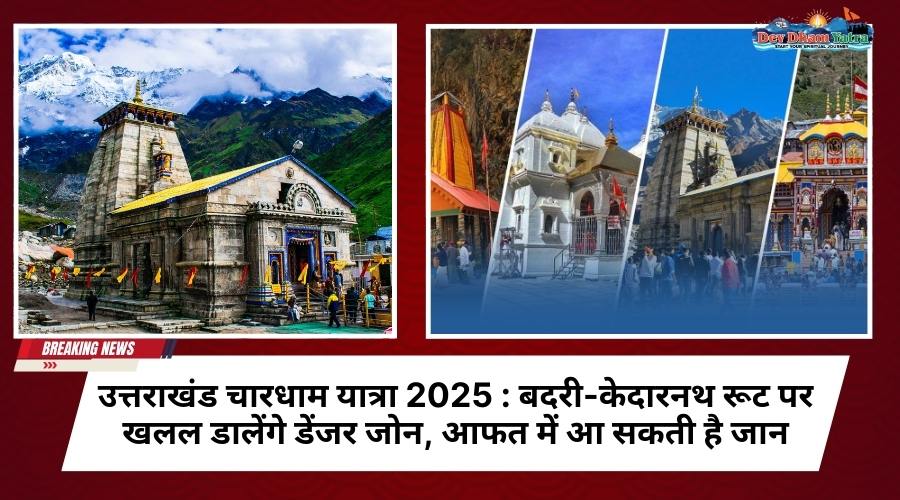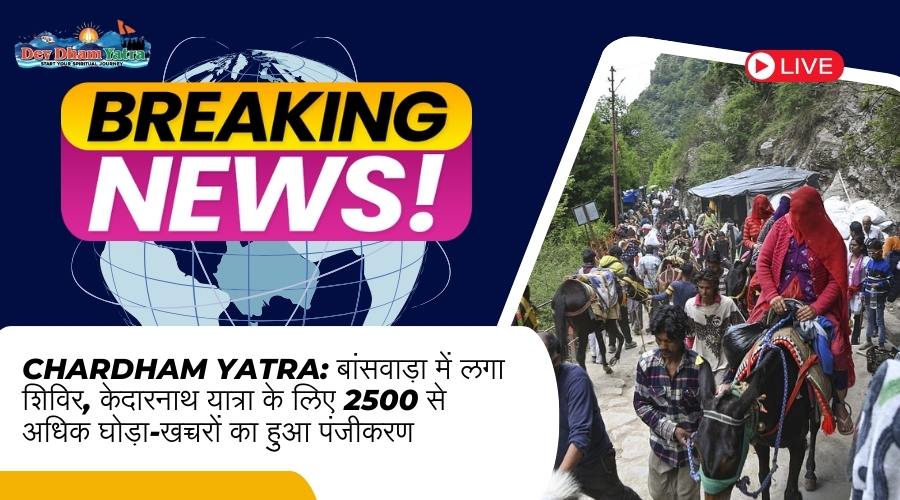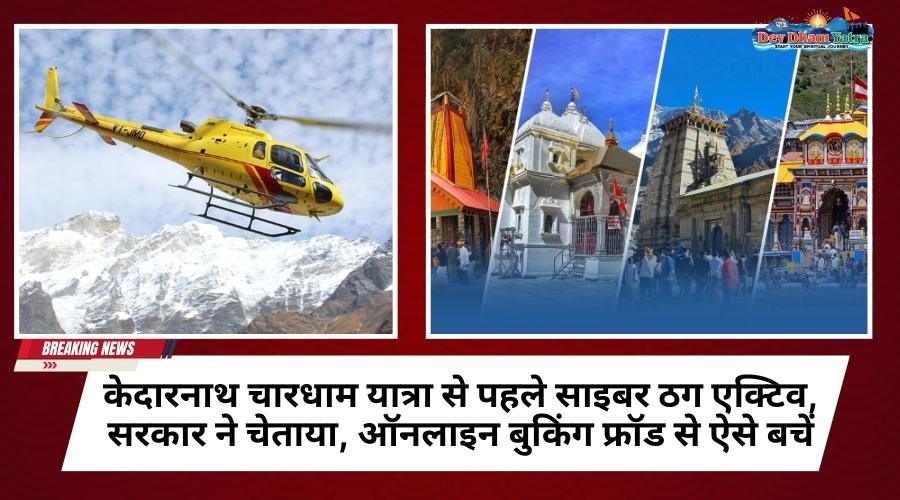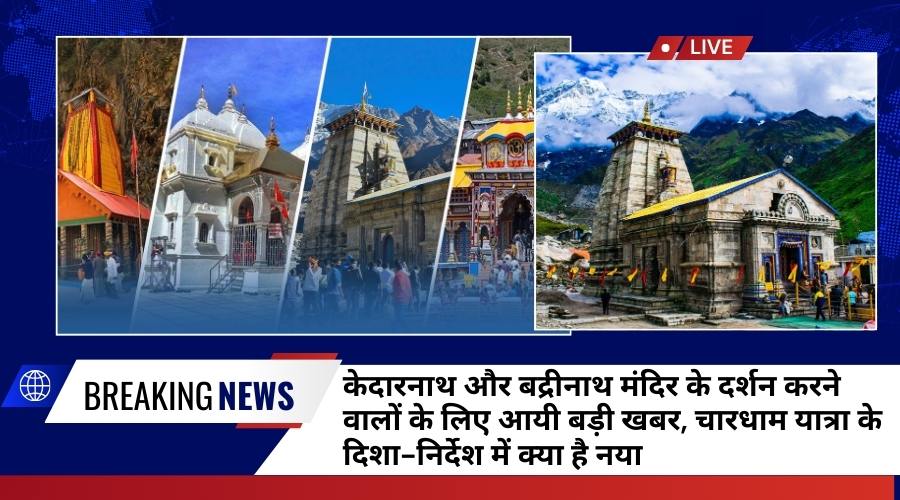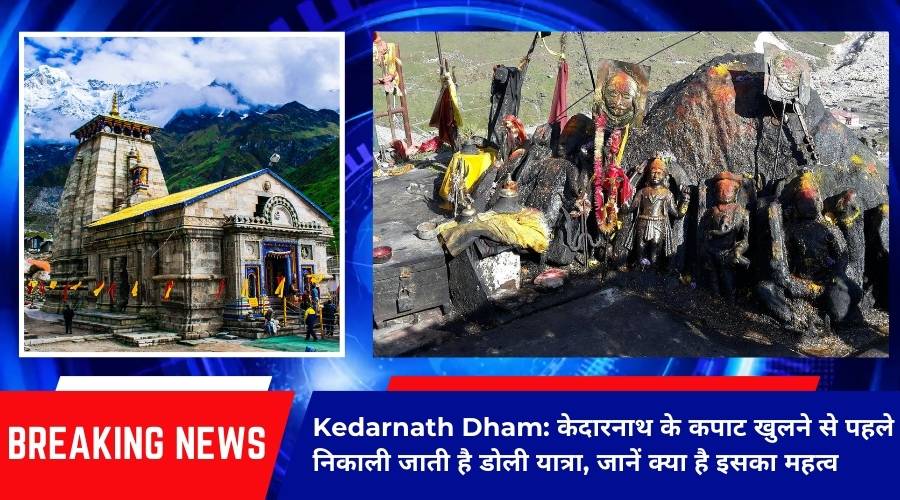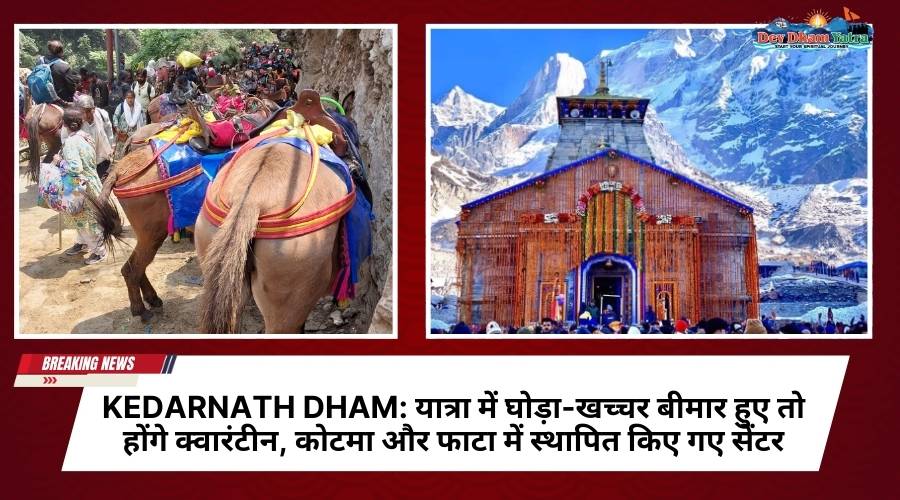About Chamba
Chamba is a town in the state of Himachal Pradesh, India. It is situated in the northwestern part of the state and is the headquarters of the Chamba district. Nestled in the picturesque valley of the Ravi River, Chamba is known for its stunning natural beauty, ancient temples, and rich cultural heritage.
Chamba has a rich history that dates back to the 6th century AD. It was founded by Raja Sahil Varman and remained the capital of the Chamba Kingdom until it was annexed by the British in 1846. Chamba is blessed with breathtaking landscapes, including lush green valleys, snow-capped mountains, and gushing rivers. The town is surrounded by the Dhauladhar and Pir Panjal mountain ranges, adding to its scenic charm.
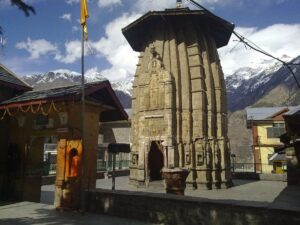
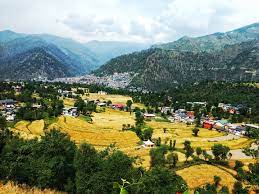
Chamba is renowned for its ancient temples and historical monuments. The Chamba Valley is home to several temples, including the Lakshmi Narayan Temple, Chamunda Devi Temple, and the Bhuri Singh Museum, which houses a rich collection of Himachali art and artifacts. Chamba is famous for its traditional arts and crafts. The region is known for its miniature Pahari paintings, which depict scenes from mythology and daily life. Chamba is also known for its intricate embroidery, hand-woven textiles, and wooden handicrafts.
Chamba is known for its vibrant festivals, which showcase the local culture and traditions. The most famous festival in Chamba is the “Minjar Mela,” held in August. It is a week-long celebration featuring processions, cultural performances, and the offering of “Minjar,” a silk tassel symbolizing the monsoon harvest. Chamba offers various adventure activities for nature enthusiasts and adventure seekers. Trekking, camping, and river rafting are popular activities in the region. The nearby Khajjiar, often referred to as the “Mini Switzerland of India,” is a picturesque hill station and a popular tourist destination.
Chamba is a perfect destination for nature lovers, history buffs, and those seeking tranquility amidst scenic beauty. Its rich cultural heritage, traditional arts, and festivals make it a unique place to visit in Himachal Pradesh
About Kedarnath
Kedarnath is a town located in the Rudraprayag district of the state of Uttarakhand in northern India. It is located at a height of roughly 3,583 meters (11,755 feet) above sea level in the Garhwal Himalayas. Kedarnath is primarily known for its ancient and sacred Hindu temple, the Kedarnath Temple, dedicated to Lord Shiva.
The Kedarnath Temple is one of the holiest pilgrimage sites in Hinduism. It is one of the twelve Jyotirlingas (lingams of light) and holds immense religious significance. The temple is believed to have been built by the Pandavas, characters from the Indian epic Mahabharata. It is situated near the Mandakini River and offers breathtaking views of the surrounding peaks, including the majestic Kedarnath Peak.
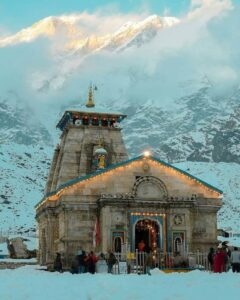
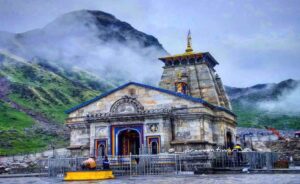
Kedarnath is considered one of the Char Dhams, a group of four holy sites in Uttarakhand that hold great importance for Hindu pilgrims. The other three Dhams are Badrinath, Gangotri, and Yamunotri. Pilgrims visit Kedarnath as part of the Char Dham Yatra, which is believed to cleanse the soul and bring salvation. Kedarnath is renowned for its scenic beauty and trekking opportunities. The trek to Kedarnath involves a 16-kilometer (10-mile) uphill trek from Gaurikund, the base camp situated at a lower altitude. The trek takes you through picturesque landscapes, dense forests, and panoramic views of the mountains.
Vasuki Tal is a picturesque lake situated at an altitude of around 4,150 meters (13,615 feet), approximately 8 kilometers (5 miles) from Kedarnath. It is surrounded by snow-capped peaks and offers a serene and tranquil environment. The lake is known for its crystal-clear waters and is frequented by trekkers and nature lovers.
The Kedarnath Temple remains open for pilgrims from late April to early November, depending on the Hindu calendar. The opening and closing dates of the temple vary each year and are announced by the temple committee. During the winter months, the temple is closed due to heavy snowfall, and the idols are shifted to Ukhimath, where they are worshipped.
Kedarnath holds immense religious and spiritual significance for Hindus and attracts a large number of devotees and tourists every year. It offers a unique blend of natural beauty, cultural heritage, and religious fervor, making it a significant destination for both religious and adventure tourism.
Chamba to Kedarnath Distance
There are many ways to get to Kedarnath from Chamba. Chamba and Kedarnath are 794 kilometers apart while traveling by road. The distance by flight from Chamba to Kedarnath is about 344 km long.
Chamba to Kedarnath by Train
Reaching directly from Chamba to Kedarnath is not possible.
- To reach Kedarnath from Chamba, taking a bus or cab to Pathankot is advised. After that, take a train from Pathankot to reach Haridwar. Then from Haridwar take a bus or a taxi to reach Kedarnath.
- Chamba- Pathankot (via bus or cab)- Haridwar (via train)- Kedarnath (via cab or bus)
- Another way to reach Kedarnath from Chamba is, to take a bus or cab from Chamba to reach Pathankot. From Pathankot, travel via train to Rishikesh. Then one can travel via bus or cab to Gaurikund, Kedarnath.
- Chamba- Pathankot (by bus or cab)- Rishikesh (via train)- Gaurikund.
Chamba to Kedarnath Distance by Flight
The airport nearest to Chamba is Gaggal Airport. The airport nearest to Kedarnath is Jolly Grant Airport, Dehradun. The recommended way to reach Kedarnath from Chamba is:
- Take a cab or bus to reach Pathankot from Chamba. Then, take a flight from Pathankot to Dehradun. From Dehradun, take a bus or cab to reach Gaurikund.
- Chamba- Pathankot (via bus or cab)- Dehradun (via flight)- Rishikesh (via bus or taxi)- Gaurikund, Kedarnath.
- Take a bus or cab from Chamba to reach Dharamsala. From Dharamsala, take a flight to Dehradun. Then from Dehradun, one can take a bus or book a cab to Gaurikund, Kedarnath.
- Chamba- Dharamsala (via bus or cab)- Dehradun (via flight)- Gaurikund, Kedarnath (via bus or taxi)
Chamba to Kedarnath by Bus
There are no direct connections of buses from Chamba to Kedarnath.
- The most recommended and easiest way to get to Kedarnath from Chamba is, to take a bus from Chamba to reach Mcleodganj. Then from Mcleodganj, take another bus to reach Dehradun. You can take a bus or cab from Dehradun to Gaurikund, Kedarnath.
- Chamba- Mcleodganj (via bus)- Dehradun (via bus) – Rishikesh- Gaurikund.
- Another alternative route is, taking a bus from Chamba to Pathankot. Then, take another bus from Pathankot to Rishikesh. From Rishikesh, take another bus or cab to Gaurikund, Kedarnath.
- Chamba- Pathankot (via bus)- Rishikesh (via bus)- Devprayag- Gaurikund
Chamba to Kedarnath by Own Vehicle
You can also travel from Chamba to Kedarnath in your own vehicle.
- By your own vehicle, you can get to Dehradun from Chamba. You can get to Gaurikund, Kedarnath from Dehradun.
- Chamba- Dehradun- Rishikesh- Srinagar- Rudraprayag- Gaurikund, Kedarnath
Travel Tips:
If you are planning a journey to Kedarnath, here are some travel tips to help you make the most of your trip:
- The Kedarnath Temple is open for only a limited period each year due to heavy snowfall during the winter months. Make sure to check the official dates and plan your visit accordingly.
- Obtain any required permits or passes for the trek, especially if you are traveling independently. For information on licenses and registrations, contact the local government or tour companies.
- The trek to Kedarnath can be physically demanding due to the high altitude and steep terrain. Before the journey, it is advised to practice frequent exercise and activities that will increase your stamina. Before beginning the journey, spend some time acclimatizing in the adjacent town of Gaurikund.
- Pack warm clothing, comfortable trekking shoes, rain gear, a first aid kit, and a walking stick. Bring enough water, energy bars, and snacks to last you the entire trip. It’s also recommended to carry a valid identification document.
- Kedarnath offers limited accommodation options, mainly in the form of guesthouses and lodges. It is advisable to book your lodging in advance, especially during the busiest season for pilgrimages.
- If you prefer assistance during the trek, you can hire a local guide or avail of services provided by tour operators. They can provide you with valuable information, ensure your safety, and assist with any necessary arrangements.
- Be aware of the weather conditions and keep yourself updated on any changes or forecasts. To prevent unfavorable weather or route congestion, it is advised to begin the trip early in the morning. Travel in groups if you can, adhere to safety guidelines, and stay on paths that have been marked.
- Maintain cleanliness and dispose of waste responsibly. Carry a garbage bag and bring back your waste with you. Avoid littering and contribute to the conservation of the environment.
- Consider obtaining travel insurance that covers emergency medical expenses and evacuation, as well as trip cancellation or interruption.
Remember, the journey to Kedarnath is not just a physical trek but also a spiritual experience. Stay prepared, respect the surroundings, and embrace the serenity of the place as you embark on this sacred pilgrimage.
FAQs:
Q1: How far is Kedarnath from Chamba?
A: The distance from Chamba and Kedarnath is about 794 km via road and 344 km by air.
Q2: What is the best time to travel from Chamba to Kedarnath?
A: The best time to travel from Chamba to Kedarnath is during the pilgrimage season, which typically starts in April or May and ends in October or November. The monsoon season, which runs from July to September, is urged to avoid due to the possibility of flooding and landslides.
Q3: What necessities are required for the hike to Kedarnath?
A: Warm clothing, cozy hiking boots, rain gear, a first aid kit, a walking stick, plenty of water, energy bars, and snacks are just a few necessities to pack for the hike to Kedarnath. It’s also recommended to carry a valid identification document.
Q4: How much time does the hike from Gaurikund to Kedarnath take?
A: The distance between Gaurikund and Kedarnath is roughly 16 km (10 miles). Depending on your level of fitness and the pace you go at, it typically takes 6 to 8 hours to finish.

